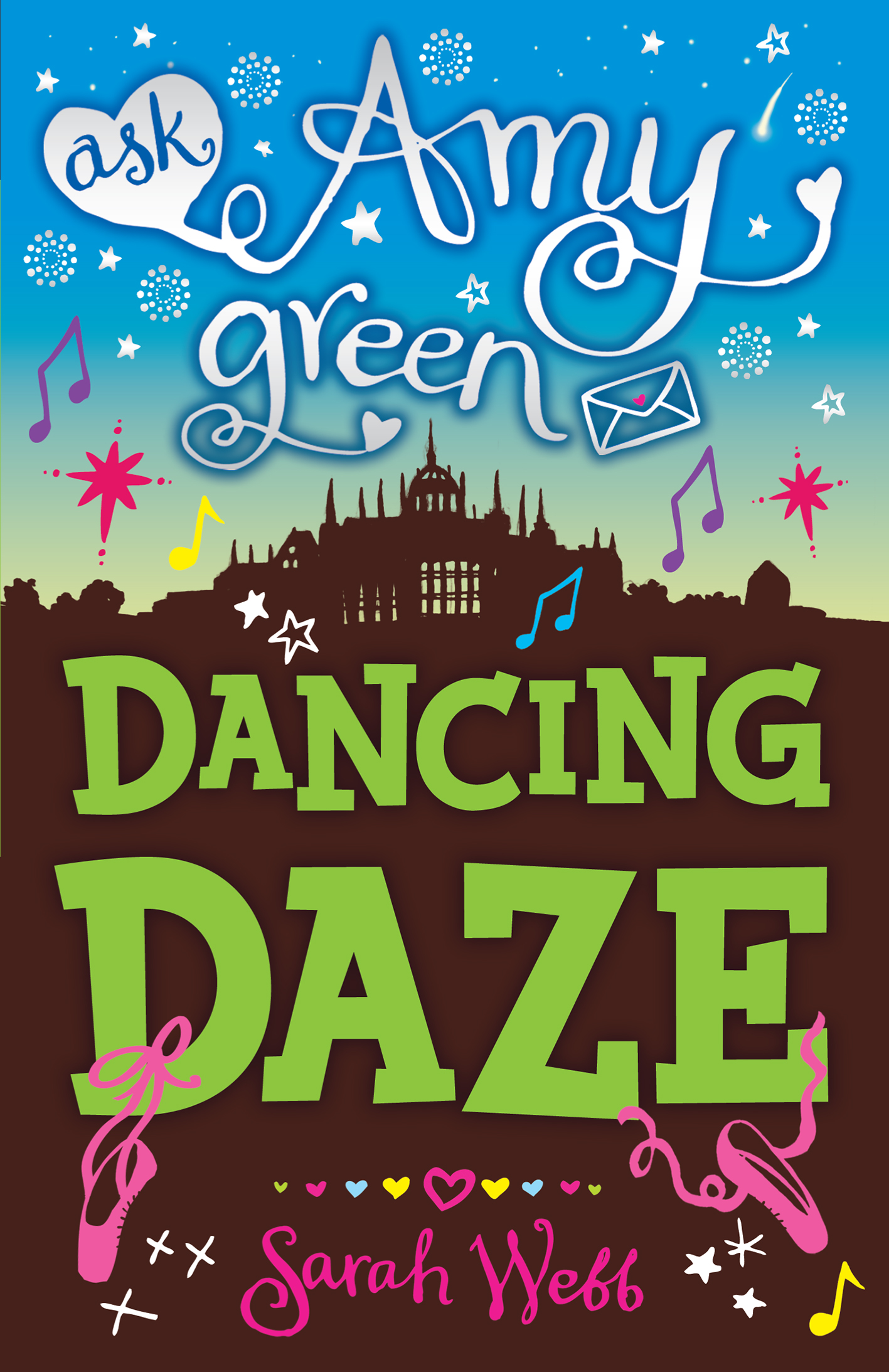Welcome to week 5 of Write That Book. If you're new to the blog, I'd recommend reading weeks 1 to 4 first. This week are are talking about motivation.
Sometimes writers get to around 30k or 40k words and then they hit a wall. They say ‘There is so much more to write, so much more work involved, I don’t think I can do this.’ It’s important to note that all writers have off days or weeks, published or unpublished, and it’s important to develop a ‘writing habit’ if you want to finish a whole book. As Clare Dowling says in this week’s excellent writing tips (below) ‘writing is a craft and the best way to learn it is to practice.’
But how do you stay motivated?
All writers find writing a book tough going. The average novel is 100,000 words long after all. I often hit a difficult patch roughly half way through a book, knowing that I still have a lot of work ahead of me. It’s perfectly normal to feel a bit overwhelmed at any stage of the writing process. You are writing a book after. And if you are a huge reader like me, you have a responsibility to both yourself and the future reader to produce something worthwhile, something special, something original.
Woody Allan once said that ‘90% of success is just showing up’. And for writers, showing up at the page day after day, week after week is vital. For some, the effort proves too much, and the book never gets finished.
Here are some of my favourite quotes about motivation and staying the course:
The mere habit of writing, of constantly keeping at it, of never giving up, ultimately teaches you how to write. Gabriel Fielding
The only certainty about writing and trying to be a writer is that it has to be done, not dreamed of or planned and never written, or talked about, but simply written; it's a dreadful, awful fact that writing is like any other work. Janet Frame
The way to write a book is to actually write a book. Anne Enright
And I particularly like this one, also by Anne Enright –
Remember if you sit at your desk for 15 or 20 years every day it changes you. It just does. It may not improve your temper but it fixes something else. It makes you more free.
She is quite right, it does change you. It does make you more free.
If you’re finding writing difficult and need some encouragement, here are some suggestions:
1/ Keep a writing diary
Every time you’ve finished writing, jot down how many words you’ve managed and how you feel your work is progressing. If you respond well to deadlines, keep deadlines. For example: Monday - write 500 words, Tuesday - finish Chapter Two. If you’ve stuck to your deadlines reward yourself with some television or a bar of chocolate.
2/ Attend writing workshops, readings and talks
Many libraries host regular events for writers. Check your local library for details. I love hearing other writers read their work or talk about their work, and I always learn something valuable or that makes me think. It’s a real treat to be around fellow book lovers too.
3/ Read books about writing:
On Writing by Stephen King
Inspiring and full of good advice – worth buying
The Right to Write by Julia Cameron
One of the best books about being a writer and living a writer’s life I’ve ever found. Succinct, direct and truthful, a book I come back to over and over again if I’m in need of a little writerly pick me up.
If your writing has come to a standstill and you need some practical assistance the following might help:
1/ Ask for advice and/or encouragement from a respected friend or work colleague; someone who loves reading and who will give you an honest but kind opinion. Explain that you need honest feedback, but ask them to be kind. If you don’t know anyone suitable, see number 3.
2/ Join a writers’ group
Many libraries host regular writers’ groups. These are not for everyone, but many writers swear by them. Many published writers are in writing groups, others have writing friends who they talk to about their work and any problems they are having. I have several writer friends and they are a Godsend. Writing can be a lonely old business, and having someone to talk to who understands is very important. Seek out fellow writers on the internet or in person.
3/ Contact a writer’s advisory service
For a professional opinion on your work, the following advisory services are recommended – www.cornerstones.co.uk/ and www.inkwellwriters.ie
Inkwell are based in Ireland, Cornerstones in the UK and both are excellent, well respected professionally run organisations.
On the Practical Side of Things
Even if you don’t feel like writing try to do something writing related: research, editing, making notes. Sometimes you may be simply too mentally tired or out of sorts to write, never force yourself, take a break and come back to it the following day instead. Try to approach the page with optimism and enthusiasm, not dread! Sometimes you will have to talk yourself into a positive frame of mind, but you’re a writer – you are smart, creative and powerful. If you can create a whole world on paper, you can certainly cajole yourself into a bit of writing.
As I’ve said before never use ‘I’m too busy’ as an excuse. Your house will probably be less tidy, the loo seat won’t get fixed in your life time and sometimes the dishes will sit in the sink for the evening, but these are the sacrifices a writer has to make!
Once you’ve set your writing time aside try to sit down at your desk regularly so your story will stay fresh in your mind. If you can’t write every day, think about your characters and your plot when you can. Agatha Christie once said she did her best plotting while washing the dishes.
Try to write at a desk or table in a well lit and if possible quiet area. Buy yourself nice notebooks and coloured pens - these small things make writing more of a pleasure.
If possible get your hands on a computer. Typing directly onto a computer takes a while to get used to but it makes writing and most especially editing so much less painful - plus you have spell check!
How long does it take to write a book?
The old expression ‘how long is a piece of string’ springs to mind. Each writer is different. Popular fiction writers are often contracted to write a book a year. If you can manage to write 2,000 words a week for example, it will take you just under a year to write a whole book. Try to find a writing pace that suits you and your lifestyle.
The honest fact? I can’t motivate you to write. No-one can do that but yourself. If you want to write badly enough, you will do it . . .
Yours in writing,
Sarah XXX
Tips on Staying Motivated by Clare Dowling
1/ Get into the habit of writing. This doesn’t mean you have to knock out a thousand words of a novel a day; it can be emails, letters to friends, or a description of your cat. Writing is a craft and the best way to learn it is to practise.
2/ Get yourself a proper writing space. Some people can write a book on the kitchen table amongst the dinner dishes but most of us can’t. It really helps if you have a special place for writing and when you arrive at it, your brain clicks into writing mode.
3/ Don’t wait for genius to strike. It probably won’t, and you’ll achieve tonnes more if you spent your time practising your writing, developing interesting characters, and thinking hard about what you’d really like to say. Most successful writers aren’t published because brilliant ideas visit them on a daily basis, but because they work very hard and stay motivated.
4/ Read, read, read. We can all learn from other authors’ work - how they construct a plot, how characters are effectively drawn; how they manage to make a scene in a supermarket the most memorable you’ve read all year. Don’t be afraid that you’re going to copy their style; you won’t. But you might find that that you learn lots of new techniques that will lift your own writing up a level.
Find out more about Clare here.









![IMG_1607[1]](https://images.squarespace-cdn.com/content/v1/58973315e4fcb5808a5b7d9e/1486377432672-5I8S3TM8EXMTAP4SD6FF/IMG_16071-e1340719607172-150x150.jpg)
![41CAPCX8P5L._BO2,204,203,200_PIsitb-sticker-arrow-click,TopRight,35,-76_AA300_SH20_OU02_[1]](https://images.squarespace-cdn.com/content/v1/58973315e4fcb5808a5b7d9e/1486377432071-QPVDHH0B03Z8VPL954MK/41CAPCX8P5L._BO2204203200_PIsitb-sticker-arrow-clickTopRight35-76_AA300_SH20_OU02_1.jpg)
![9780701187194-large[1]](https://images.squarespace-cdn.com/content/v1/58973315e4fcb5808a5b7d9e/1486377431013-8RTNTJ6W58OBDMMRBQQ1/9780701187194-large1.jpg)
